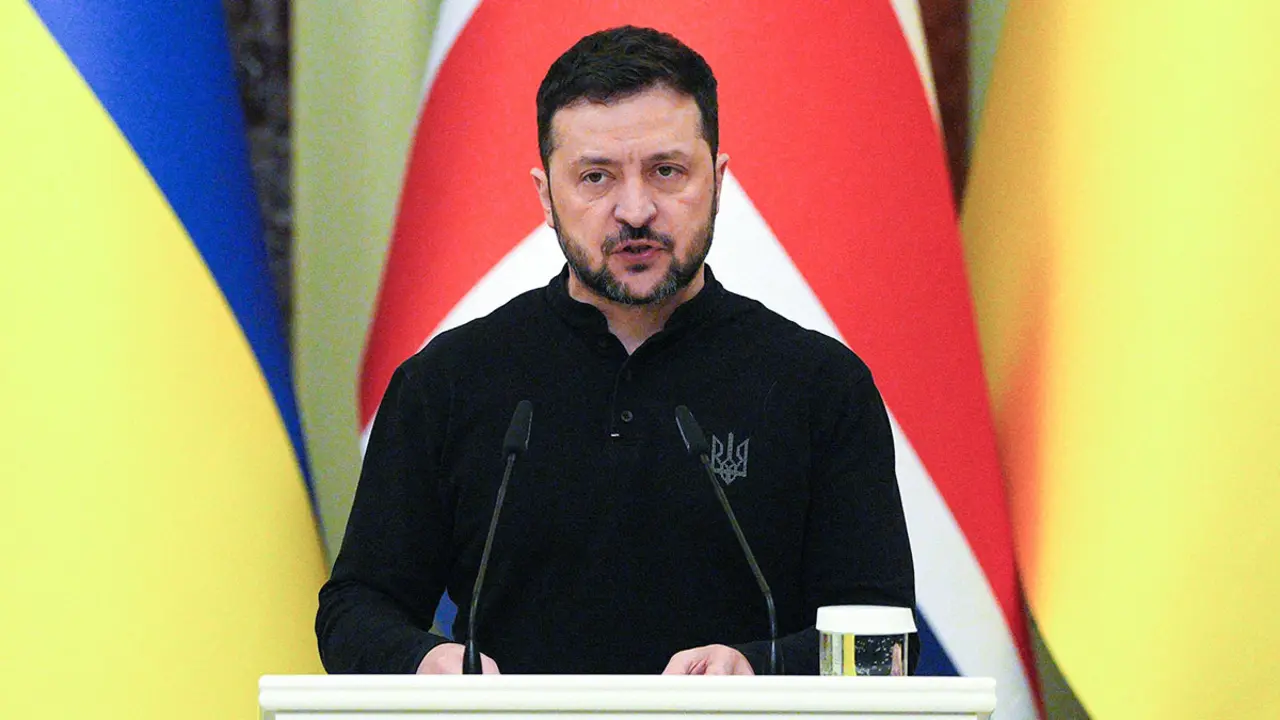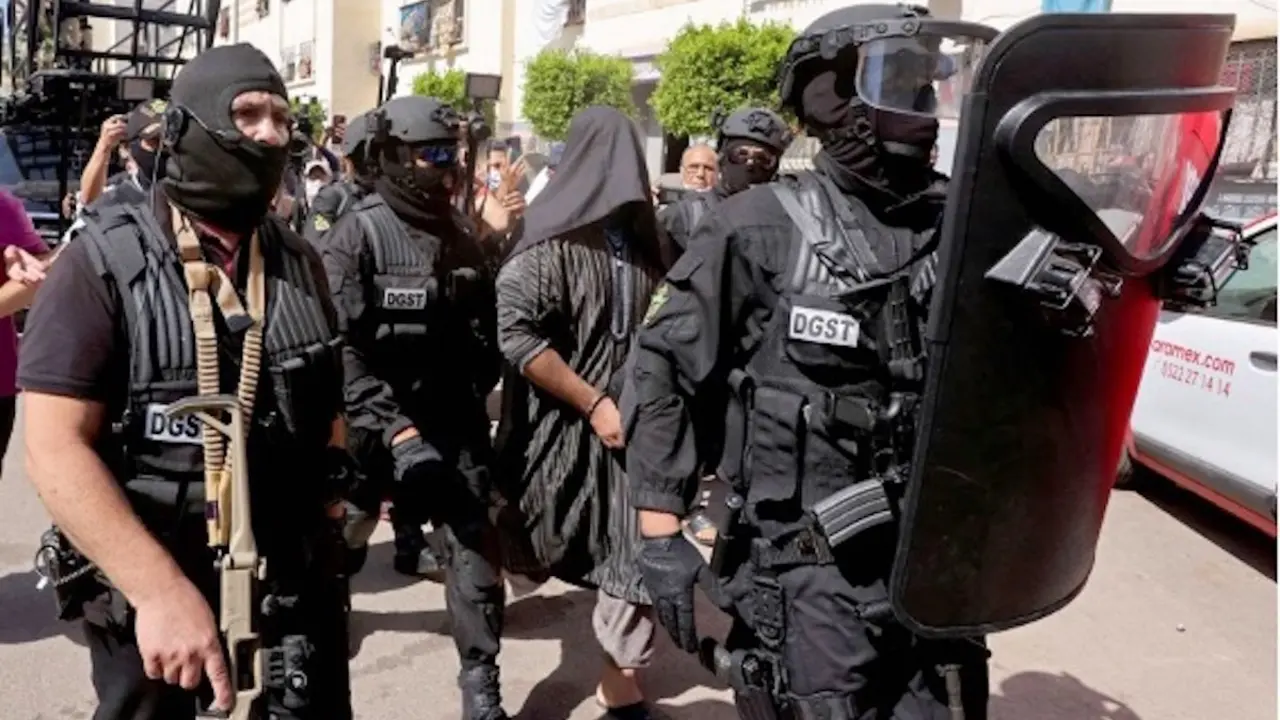Israel-Iran: Middle East on edge over regional escalation

Iran's historic attack on Israeli territory on Saturday opened a new episode of violence in the Middle East. For the first time in history, Tehran attacked the Hebrew country and now, in the midst of a climate of heightened tension, attention is focused on Israel's possible response. The question that worries everyone is the severity of this response, which could end up dynamiting the little stability that remains in the region.
United Arab Emirates and Saudi Arabia analyse the situation
Two of the region's most important countries are watching developments in their neighbouring countries with concern. The Iranian aggression has caught some by surprise, who did not consider a direct aggression of the kind perpetrated by the Ayatollah regime. Many saw a show of force as likely, even if not a direct attack on Israel. However, over-optimistic, they were contradicted by an aggression that is keeping neighbouring countries on edge.

Mohammed bin Zayed Al Nahyan, President of the United Arab Emirates, held a telephone conversation with Saudi Arabia's Crown Prince Mohammed bin Salman to discuss the latest developments and the extent to which they might affect the interests of the two partners. The timing of the escalation of violence could not have been worse for their interests, especially for Riyadh, which was on track to normalise diplomatic relations with Israel.
That normalisation, which was set to mark a turning point in the diplomatic fabric of the Middle East, was cut short by the Hamas terrorist attack of 7 October. An attack that sought to do just that, and which unleashed an increase in violence that jeopardises the process of expansion that the UAE and Saudi Arabia were carrying out. What is clear to them is that they must increase their efforts to control the situation and try to mediate, as their Omani neighbour seems to be doing, in order to avoid an escalation of violence at all costs.
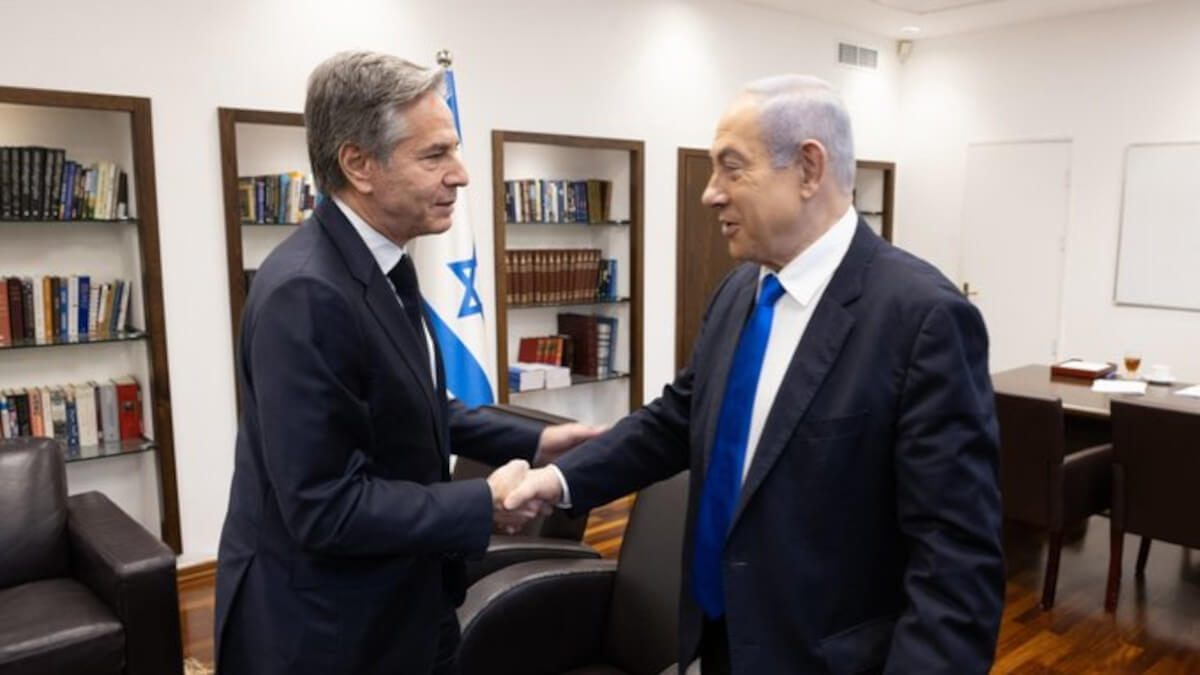
Oman enters the fray
Muscat has emerged in recent years as one of the world's most capable conflict mediators. It has earned the trust of the countries in the region, and the current situation was crying out for an Omani entry, which has not been long in coming. Sources consulted by the media outlet Al-Arab claim that Oman was already in contact with the authorities of the two countries before the Iranian attack on Israel.
Omani Foreign Minister Badr bin Hammad bin Hamoud Al Busaidi had a conversation with his Iranian counterpart, Hosein Amirabdolahian, in which he was informed of Iranian plans to respond to Israel's attack on the Iranian consulate in Damascus. Also after the offensive, the two ministers discussed next steps by telephone, according to the Omani Foreign Ministry.
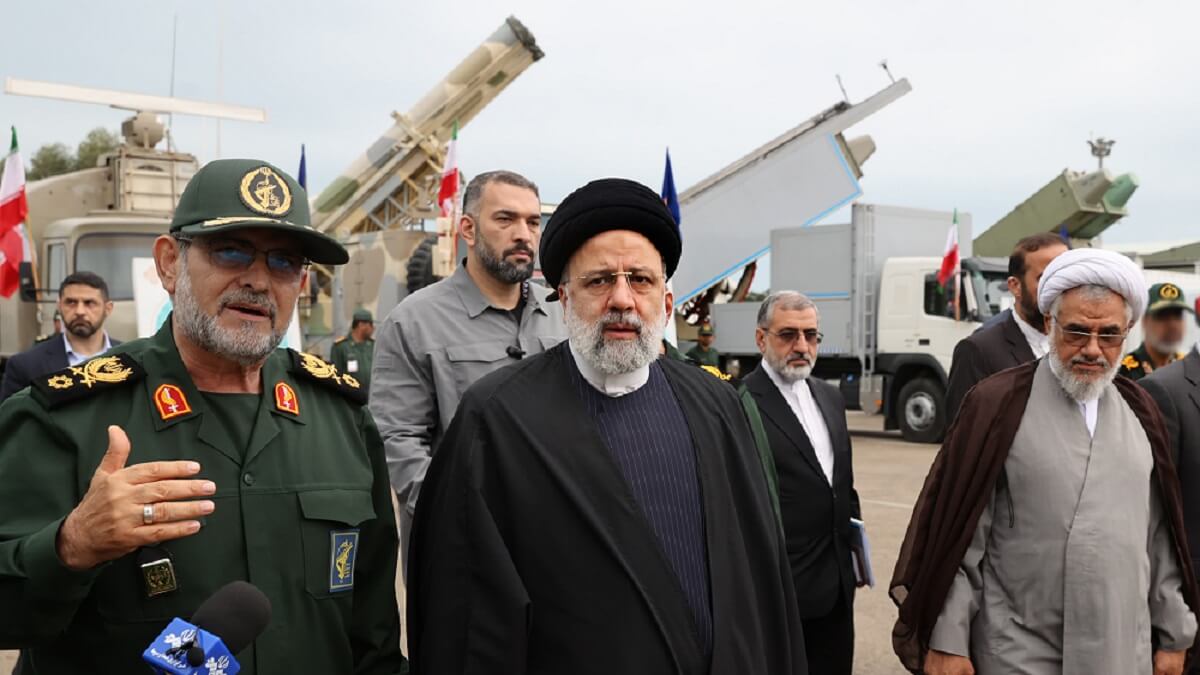
The ministry statement said that during the call "the importance of maintaining calm and making every effort to prevent the conflict from escalating was stressed". This is the line that all Gulf countries want to follow, taking advantage of Riyadh and Abu Dhabi's consolidation of diplomatic strength with key countries on the international scene.
Indeed, some, such as Andreas Craig, an expert on Middle Eastern affairs at King's College London, believe that the Gulf states have a common goal in this delicate situation, namely to stop this chain of aggression. They all share "a general awareness that conflict is bad for business and must now be avoided at all costs". This idea is also shared by Qatar, and has been conveyed by the Emir of Qatar, Tamim bin Hamad Al Thani, to Iranian President Ebrahim Raisi, "the need to reduce all forms of escalation and prevent the spread of conflict in the region"
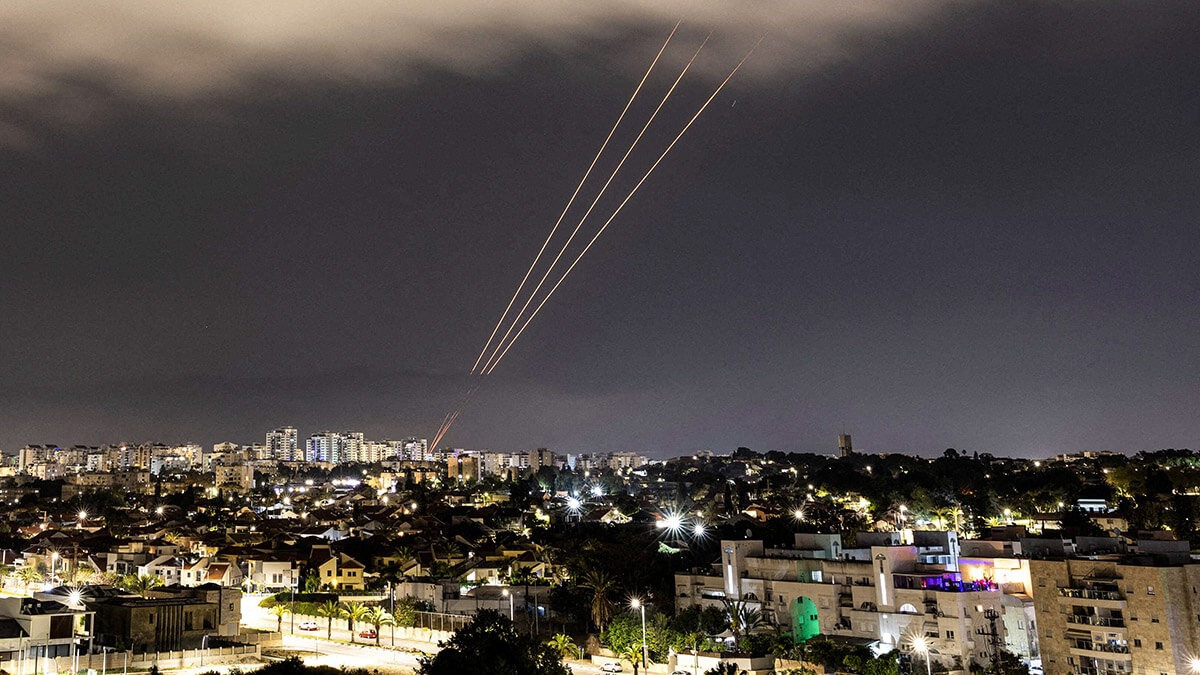
Israel's response
This is the unknown, what all leaders are wondering about and why many of Israel's allies have been quick to pick up the phone to avoid making good on National Security Minister Ben-Gvir's threats. Shortly after the Iranian offensive, Ben-Gvir called for a "crushing response" that set off alarm bells, starting with the White House.
US President Joe Biden had a telephone conversation with Israeli Prime Minister Benjamin Netanyahu in which he called for restraint in his country's response. The consequences for regional security could be devastating if Israel's full arsenal were to strike back, as they could have been if Israel's Iron Dome had been ineffectively defended.
Now, all analysts and experts are looking to Tel Aviv for the Israeli government's decision, which, it is clear, will almost certainly respond with greater or lesser forcefulness. Although Israel wants to show its potential and maintain a position of power, especially at a complex time such as the current conflict in Gaza, the West hopes to be able to contain this impulse. If tension continues to crack the Middle East chessboard and violence continues to escalate, the world will have to be prepared for a full-scale conflict.



